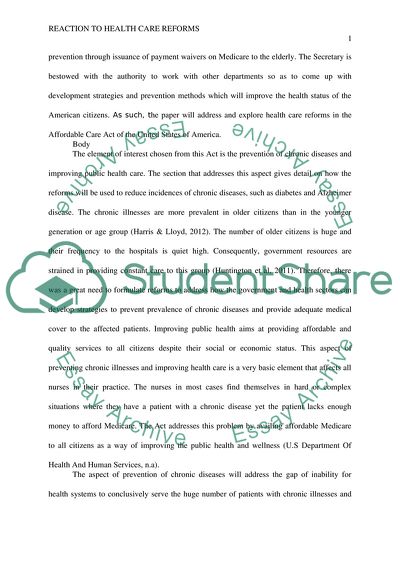Cite this document
(Not Found (#404) - StudentShare, n.d.)
Not Found (#404) - StudentShare. https://studentshare.org/medical-science/1849769-prevention-of-chronic-diseases-and-improving-public-health-reforms
Not Found (#404) - StudentShare. https://studentshare.org/medical-science/1849769-prevention-of-chronic-diseases-and-improving-public-health-reforms
(Not Found (#404) - StudentShare)
Not Found (#404) - StudentShare. https://studentshare.org/medical-science/1849769-prevention-of-chronic-diseases-and-improving-public-health-reforms.
Not Found (#404) - StudentShare. https://studentshare.org/medical-science/1849769-prevention-of-chronic-diseases-and-improving-public-health-reforms.
“Not Found (#404) - StudentShare”. https://studentshare.org/medical-science/1849769-prevention-of-chronic-diseases-and-improving-public-health-reforms.


